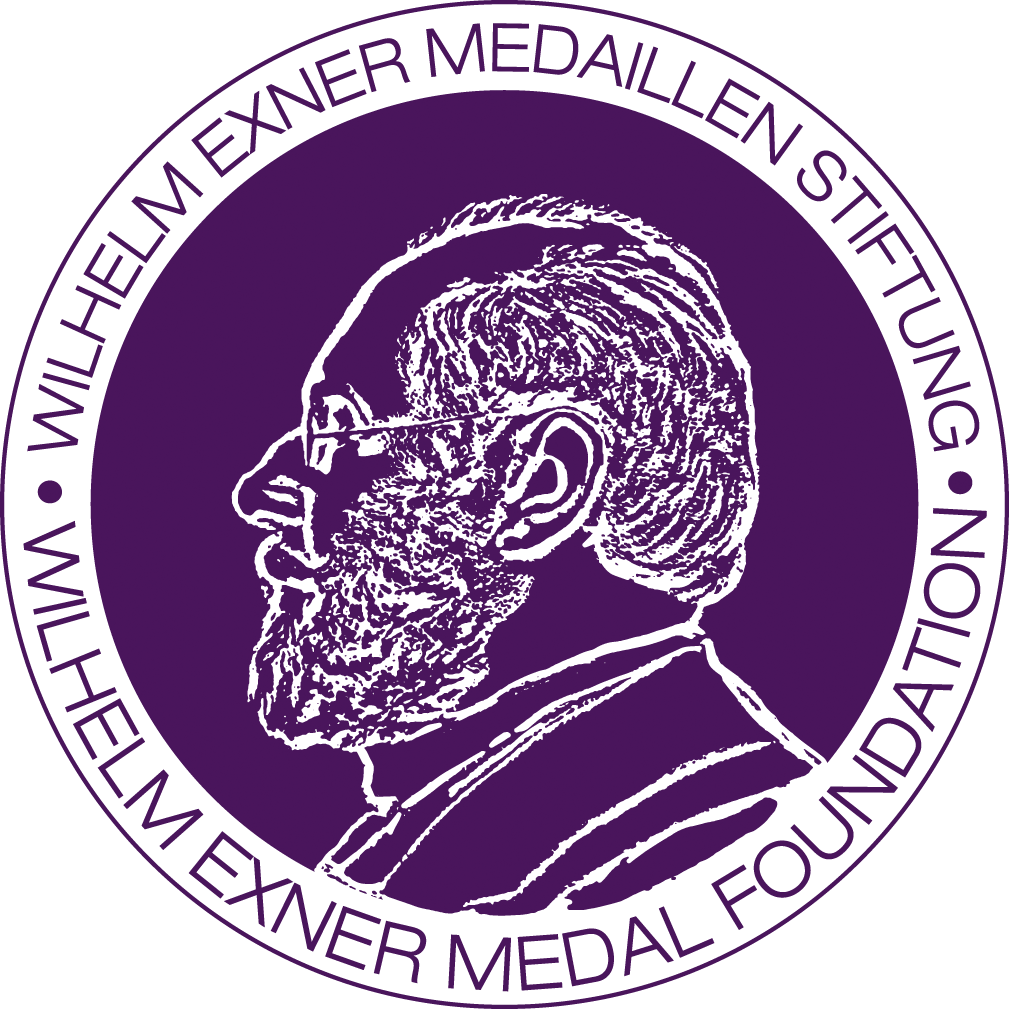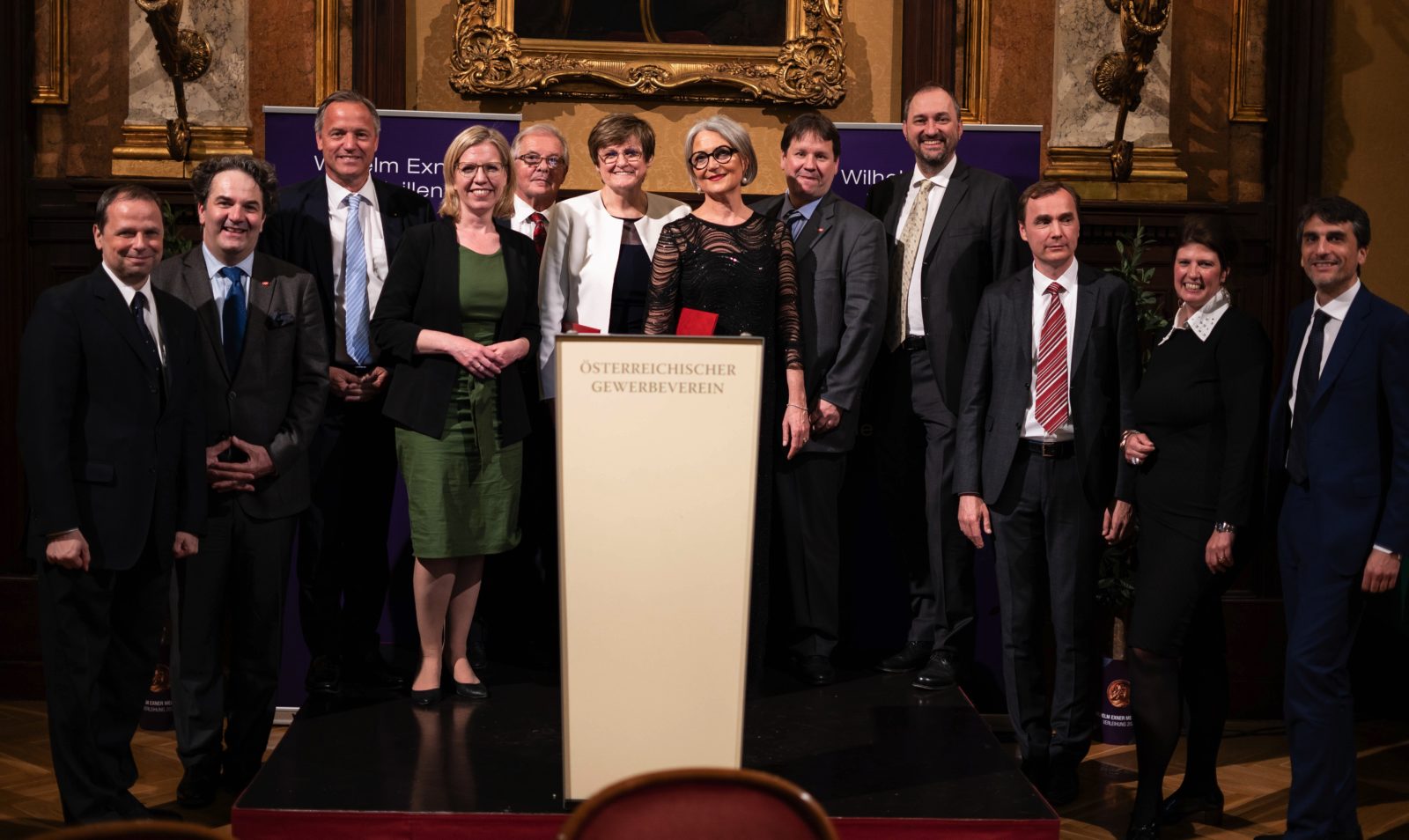The Wilhelm Exner Medals of 2021 could only be awarded in 2022…
Session 1
May 18th, 2022, 9:00 am
Venue: Palais Eschenbach, Eschenbachgasse 11, 1o1o Vienna

Luisa Torsi
Single-molecule detection with a large-transistor endows a clinician with the attacker advantage
Biomarkers are becoming the preferred highway toward early diagnosis of progressive diseases, such as tumors or neurodegenerative syndromes. When it comes to infective diseases the immunometric direct detection of a pathogen (instead of its DNA) is a faster way, as it requires no sample pretreatment. The possibility of detecting a marker (proteins, genomic strands as well as whole viruses or bacteria) in a peripheral biofluid such as blood or even saliva, makes the process also minimally invasive. The sooner the detection is, the earlier the diagnosis will be, the easier for a clinician is to fight the battle against a disease. Nowadays there is the possibility to detect a single strand of a mutated gene for the early diagnosis of tumours or to detect a single copy of a viral DNA. Still a commercial system that can reliably detect a single-proteins in a sample of 0.1 ml of a real biofluid, is not available.
Prof. Torsi with her group, has pioneered the field of Single-Molecule detection with a large Transistor – SiMoT in 2018. This established back then a world record of protein detection directly in a sample of whole bovine serum. The SiMoT platform is a bioelectronic system capable of detecting a single protein or a genomic marker in 0.1 ml of real, non-pretreated samples of blood or saliva. The system, that is under development also in the framework of a collaborative EU project (https://simbit-h2020.eu) coordinated by Torsi, can be manufactured at low-cost as a handheld device. The prospective is the development of ultra-sensitive, fast (15-20 minutes), low-cost and highly-reliable diagnostic systems for ultra-early screening of progressive diseases such as the tumour (e.g. pancreatic) as well as viral (e.g. SARS-CoV-2) and bacterial(e.g. Xylella fastidiosa) infections. Such a system holds the potential to revolutionize the current approach to point-of-care-testing, plagued with limits in terms of reliability and sensitivity. The future horizon is to get access to ultra-sensitive markers and pathogens detection where it is needed, namely at the doctor office, in a pharmacy or even at the patient’s home or directly in an olive threes field.
Co-Lecturers
Gottfried Strasser, TU Vienna
Herbert Gold, Joanneum Research Graz
Serpil Tekoglu, Johannes Kepler University Linz
Session 2
May 18th, 2022, 1:00 pm
Venue: Palais Eschenbach, Eschenbachgasse 11, 1o1o Vienna

Katalin Karikó
Developing mRNA for therapy
Co-Lecturers
Guido Wollmann, MedUni Innsbruck
Michael Kundi, MedUni Vienna


